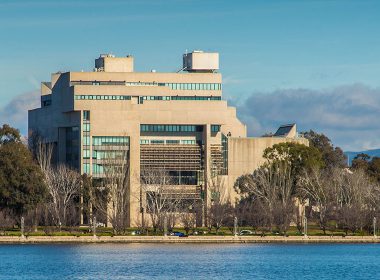Key decisions
- Re the Estate of Iris McLaren; Mariconte v Nobarani [2015] NSWSC 667
- Re Dion Investments Pty Ltd [2014] NSWCA 367
- Fast v Rockman [2015] VSCA 61
- In the Estate of Arthur Aitchison Thomson [2015] QSC 29
- Gabriele v Gabriele (No 2)[2015] VSC 165
- Poletti v Jones[2015] NSWCA 107
- King v Wogandt; Re Beutel (deceased) [2015] QSC 98
- Warton v Yeo [2015] NSWCA 115
- Prichard v Prichard [2015] WASC 170
- W, DJ [2015] SASC 45
- D14-15\179 [2015] SCTA 33
- D14-15\180 [2015] SCTA 34
- Finlay v Tucker [2015] NSWSC 560
- Bates v Trustees of the Redemptorist Fathers [2015] NSWSC 539
- Donald v Guillesser [2015] QCA 92
- Hancock v Rinehart [2015] NSWSC 646
Testamentary capacity and informal wills
The presumption of testamentary capacity (which exists if a will is rational on its face and has been duly executed – a recent example is Re the Estate of Iris McLaren; Mariconte v Nobarani [2015] NSWSC 667) does not exist for a document propounded as an ‘informal will’. With such a document the onus of proving testamentary capacity falls on the party propounding the document as a will. Seemingly, this must be positively established (rather than presumed) for each such application: Konui v Tasi [2015] QSC 74 and Robinson v Jones [2015] VSC 222. (To similar effect is obiter in Fielder v Burgess [2014] SASC 98.) In Konui the onus was not discharged in relation to a document which was not written by the testator, not witnessed, and only signed by the testator in hospital two days before death whilst under the effect of a drug that made patients drowsy and affected concentration.
The growing list of informal will cases now includes In the estate of the late Irvine; Evans v Gibbs [2015] NSWSC 432 and In the Estate of the Late Stanley Trafford Fry [2015] NSWSC 598. Meanwhile in Veall v Veall [2015] VSCA 60, the Victorian Court of Appeal has explained that a requirement for testamentary capacity (that a testator be aware of those who might reasonably be thought to have claims upon his or her bounty; and the basis for and nature of those claims) means the testator must possess the ability to evaluate and discriminate between the respective strengths of those claims. The Court of Appeal overturned the first instance decision and found that testamentary capacity had not been proven.




